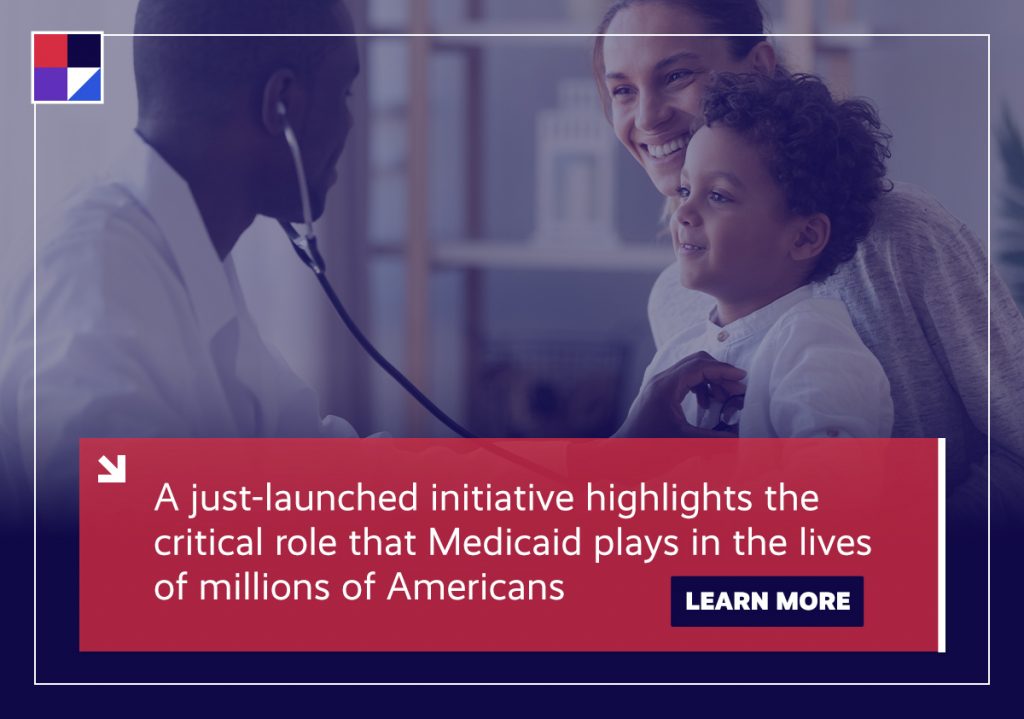COVID testing has become a windfall for providers; a new survey takes a look at the state of mental health; how spending on prescription drugs has changed under the pandemic; and, half of voters say curbing drug prices should be a priority for Congress.
We encourage you to stay involved as implementation efforts surrounding healthcare reform progress. Visit the Health Action Network and be sure to let us know what’s on your mind.
Week in Review
COVID Windfall: Much attention has been paid to the financial disruption that impacted providers’ bottom lines in the wake of the coronavirus pandemic. But, now, anecdotal reports are starting to surface offering a little insight into at least one way these health systems are looking to make themselves whole. While no one questions the important role that hospitals played in managing and responding to the public health crisis, some are starting to wonder just how far that goodwill extends in light of reports of hospitals upcharging consumers for simple tests, often times by hundreds – even thousands – of dollars. According to a recent analysis of Medicare claims data, hospitals are charging up to $650 for a simple COVID test that costs less than $50 to perform. Some free-standing emergency rooms are charging more than $1,000 for that same test. And, charges by large health systems can go as high as $1,400. No procedure has been more frequent since the pandemic started last year than the diagnostic tests for the virus, with 400 million tests and counting (for one type of test) driving the volume, which, when combined with loose rules on pricing, have resulted in these tests becoming tantalizingly, irresistibly lucrative for hospitals and other providers.
Mental Health Survey: If nothing else, the pandemic has served to shine a spotlight on those areas of care that might not have gotten as much focus prior to COVID-19 upending our healthcare delivery model. One of those areas in particular is likely to continue to be an area of focus as we slowly emerge from coronavirus’ shadow – specifically, our appreciation for the intrinsic ways in which mental health intersects with whole person health, influencing overall health outcomes. With May being Mental Health Awareness Month, stakeholders have looked to draw greater attention to this issue, with particular emphasis on COVID-19’s impact on mental health. A new survey seeks to do just that, highlighting the importance of connecting patients to the mental health supports they need. According to the inaugural State of the Nation’s Mental Health report released by Anthem earlier this month, the number of people seeking mental healthcare has actually decreased since the pandemic began, despite the growing number of Americans reporting that the public health crisis has negatively affected their mental health. What this speaks to, according to the analysis, is the importance of better identifying people in need of the mental health services and supports that would help them cope with the pandemic.
Rx Pandemic Spending: According to a new report, spending on prescription drugs increased under the pandemic, despite many people delaying care. And, all indications point to that spending continuing its upward trajectory. In the latest trends report from the American Society of Health-Systems Pharmacists, overall drug spending in the U.S. rose by more than $535 billion – nearly 5 percent – between 2019 and 2020. The report goes on to project that drug spending will likely grow by as much as 6 percent this year. The growth in spending was mostly attributed to increased utilization, but the study’s authors point to a large pipeline of new, expensive drugs, including those used to treat cancer and other specialty medications, potentially driving costs even higher in the future.
Rx Poll: With that in mind, a new poll finds that one-out-of-two voters say curbing rising drug prices should be a top priority for Congress. While slightly more rank bringing down healthcare costs as their top priority, that half of all voters have identified prescription drug prices as their biggest concern should register with lawmakers as they look to chart a path forward on their healthcare legislative priorities. Meanwhile, stakeholders continue their drumbeat, calling on those same lawmakers to honor their campaign promises to lower drug prices.
Spotlight

You can keep up with the latest by following the Health Action Network on Twitter and by liking us on Facebook. And, as always, be sure to let us know if there’s something you’d like to see covered in a future newsletter.
